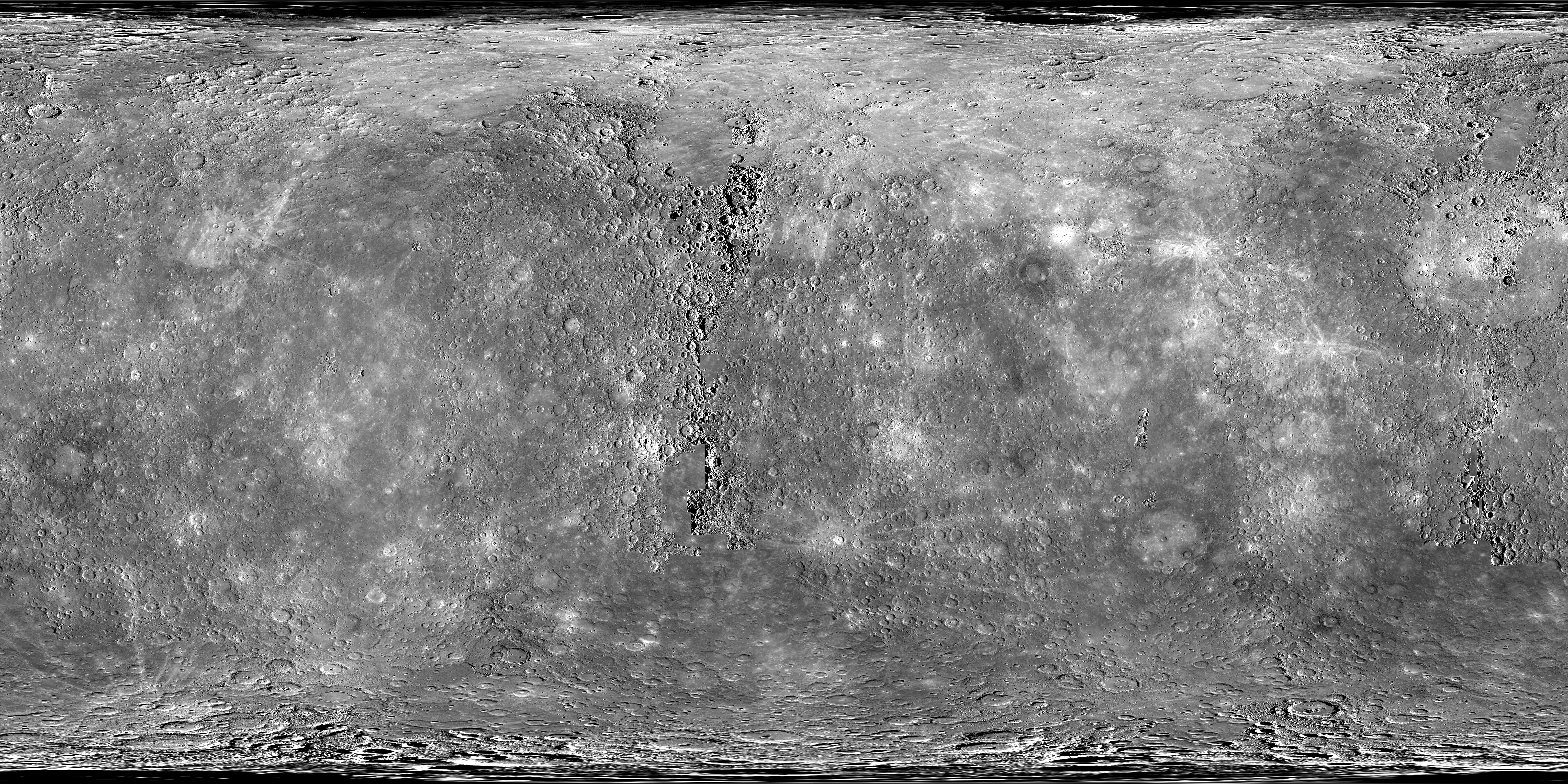Difference between revisions of "Template:GeoTemplate/mercury"
Jump to navigation
Jump to search
imported>Sneeuwschaap (picture with bigger contrast) |
imported>KolbertBot m (Bot: HTTP→HTTPS (v473)) |
||
| Line 46: | Line 46: | ||
== Longitude == | == Longitude == | ||
| − | Longitude on Mercury increases in the westerly direction. A small crater named [[Hun Kal (crater)|Hun Kal]] provides the reference point for measuring longitude. By definition, the center of Hun Kal is 20° west longitude.<ref>{{cite web|url= | + | Longitude on Mercury increases in the westerly direction. A small crater named [[Hun Kal (crater)|Hun Kal]] provides the reference point for measuring longitude. By definition, the center of Hun Kal is 20° west longitude.<ref>{{cite web|url=https://astrogeology.usgs.gov/Projects/WGCCRE/constants/iau2000_table1.html|accessdate=22 October 2009|title=USGS Astrogeology: Rotation and pole position for the Sun and planets (IAU WGCCRE)}}</ref> |
<noinclude> | <noinclude> | ||
Revision as of 05:26, 29 October 2017
| Coordinates on Mercury | {latdegabs}° {latminint}′ {latsecdec}″ {latNS}, {londegabs}° {lonminint}′ {lonsecdec}″ {lonEW} ({latdegdec}°, {londegdec}°) | Type | {type} | Zoom | {zoom} |
|---|---|---|---|---|---|
- WikiMiniAtlas Wikipedia links and Commons thumbnails on an interactive satellite map
Longitude
Longitude on Mercury increases in the westerly direction. A small crater named Hun Kal provides the reference point for measuring longitude. By definition, the center of Hun Kal is 20° west longitude.[1]
Microformat
References
- ↑ "USGS Astrogeology: Rotation and pole position for the Sun and planets (IAU WGCCRE)". Retrieved 22 October 2009.
